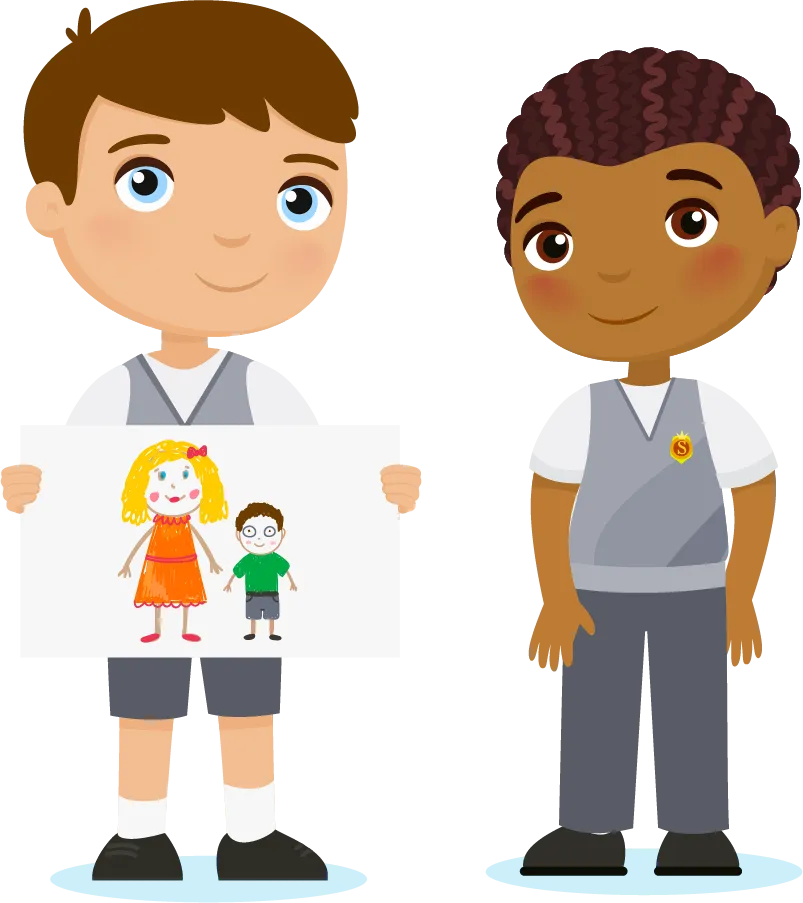What skills are developed in social-emotional learning?
SEL increases children’s emotional understanding, interpersonal and problem-solving skills as well as enhancing self-esteem, self-regulation and sense of efficacy or confidence in their ability.
For primary-aged children, developing social and emotional learning helps develop a range of foundational skills that can have a profound impact on their academic performance and overall wellbeing. From communicating effectively and building positive relationships, working with others, staying motivated, practicing curiosity, and having the ability to cope with and negotiate through life’s inevitable tricky and difficult times.
The most widely used framework introduced by the Collaborative for Academic, Social, and Emotional Learning (CASEL), who coined the term SEL back in 1994¹, is the CASEL framework. Daniel Goleman² introduced a framework of emotional intelligence encompassing five core domains: self-awareness, self-regulation, motivation, empathy, and social skills. Adrian Faupel³ further developed this framework in the context of emotional literacy, emphasising its role in fostering children’s social and emotional competencies essential for life and learning.
At Hamish & Milo we have used and adapted the Goleman & Faupel framework to create our own Social and Emotional Literacy Pathway that is based around the five skill components but very explicitly establishes the huge importance of the context and the need for the right environment – based on relational practice and attachment for a child to be able to develop and grow socially and emotionally.
Within our Hamish & Milo SEL Pathway, we have explicitly added three precursor elements, which are: self-regulated adult, establishing emotional safety and co-regulation, as we believe it’s imperative these elements are in place before children can begin to develop their social and emotional competencies.

Adapted from CASEL¹
The Hamish & Milo Social and Emotional Literacy Pathway

¹ CASEL
² Goleman, D. (1995). Emotional intelligence: Why it can matter more than IQ. Bantam Books.
³ Faupel, A. (ed.) 2003. Emotional literacy: Assessment and intervention. Ages 11-16. Southampton: GL Assessment.
















